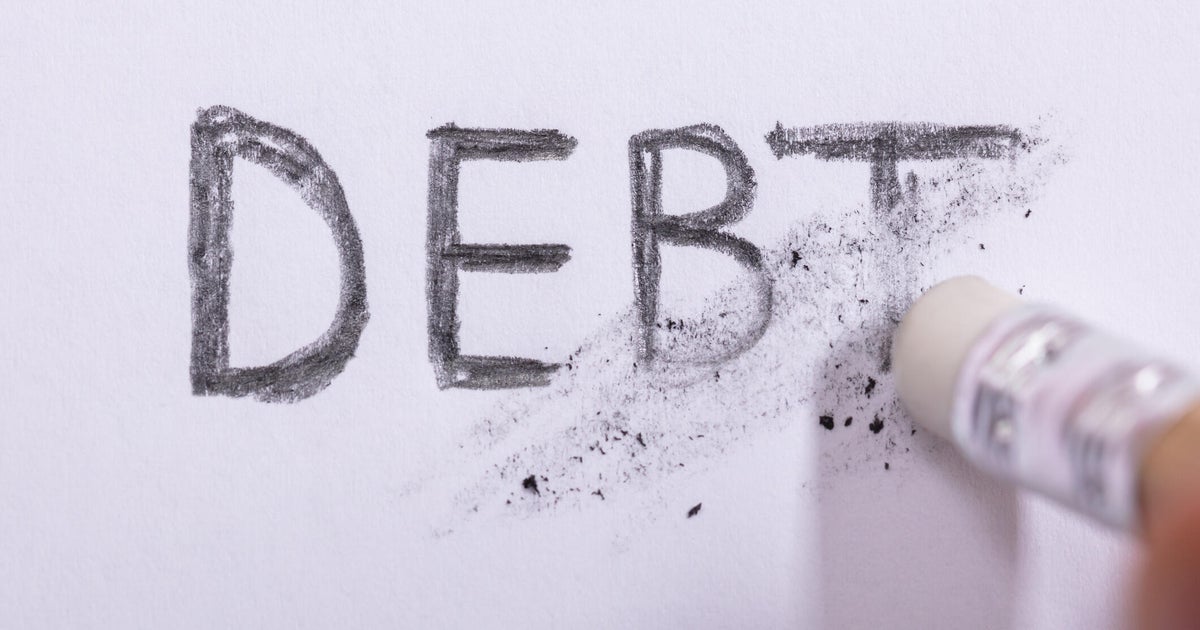3 reasons to use home equity to pay off other debts
There are many ways Americans can rack up debt. Many people have to take out student loans in order to go to college. Most cars are bought with a financing plan. Credit cards are commonplace and some less financially savvy consumers can rack up serious credit card debt without even realizing what they are doing. With all these possible sources of debt out, one can end up drowning in financial trouble pretty quickly – and it can be hard to figure out how to deal with it.
If you are a homeowner who has a lot of other debts you'd like to take care of, there is an option available to you worth considering – taking out a home equity loan and using that money to pay your debts. It isn't a decision to be made lightly and requires forethought and a strong plan. When done correctly, though, this strategy can make paying debts easier and less expensive.
Start shopping for a home equity loan today.
3 reasons to use home equity to pay off other debts
There are many reasons why using a home equity loan to pay off other debts could be a good strategy for you. Here are a few to consider:
You could get a better interest rate
Interest rate is one of the key figures when thinking about debt. The interest rate on your loan determines how much extra you owe to the lender in addition to the principal you borrowed from them. Even if your initial loan is fairly small, a high interest rate can cause debt to get away from you, putting you in a hole you have real trouble digging out of. If you have a lot of high-interest debt, you may be able to get a much lower rate on a home equity loan.
Kim Hall, a financial advisor at Clarity Wealth Development, did note that home equity loan interest rates are also fairly high right now, a byproduct of repeated action by the Federal Reserve. Still, in some situations, using a home equity loan to pay off other loans could make sense. And considering that credit card interest rates are around 20% right now - and home equity loans are under 10% for qualified borrowers - it's clear which is the better option.
"I would say that if you have high interest rate debt like credit card debt, that would potentially be an option," she says.
Look for a home equity loan online now.
You can streamline your payments
Let's say you have $10,000 in credit card debt, $5,000 in student loan debt and $7,000 in car loan debt. That's three different payments you have to make each month. While autopay features can make this easier, it's still three different lenders you have to deal with if there is an issue and three different totals you have to track to figure out when you're done paying off a debt.
If you took out a $22,000 home equity loan, though, and paid off all of these existing debts with that money, you would be left with a single monthly payment to make. All of a sudden you have one lender to deal with, one automatic withdrawal to set up and one number to look at when counting down the days till you are debt-free.
There are debt relief companies that can do this for you as well, but they charge fees. A home equity loan is a DIY way to consolidate your debt – just make sure you aren't favoring ease over cost. In other words, don't include a low interest rate loan in your consolidation just for simplicity's sake, as that could lead to you paying more than you need to.
Your rates will be set and predictable
Some of your debts may have a variable rate – credit card debt, for example, almost always comes with a variable rate. This means that while you might have a favorable rate today, the company could ratchet up your interest rate down the line – and you'll start racking up interest on your existing debt at that interest rate.
Most home equity loans, on the other hand, have a fixed rate. Whatever interest rate you get today is the same interest rate you'll have for the entirety of the loan. In fact, you can use a calculator to figure out exactly how much you'll owe each month on the loan before you even formally take it out.
Let's use the above example. The current average interest rate for a 10-year fixed-rate home equity loan is 9.09%. If you took out a $22,000 loan at that rate, you'd pay $279.76 per month and pay a total of around $11,500 in interest payments.
The bottom line
Debt is a drag, but it's a part of life for many people. If you have multiple sources of debt and want to simplify your plan to get out of debt, consider using a home equity loan to pay off what you owe. Just make sure you have a plan to pay it back and that you will be able to stick to it – your house is your collateral on a home equity loan, so if you don't make your payments you could end up losing your home.




